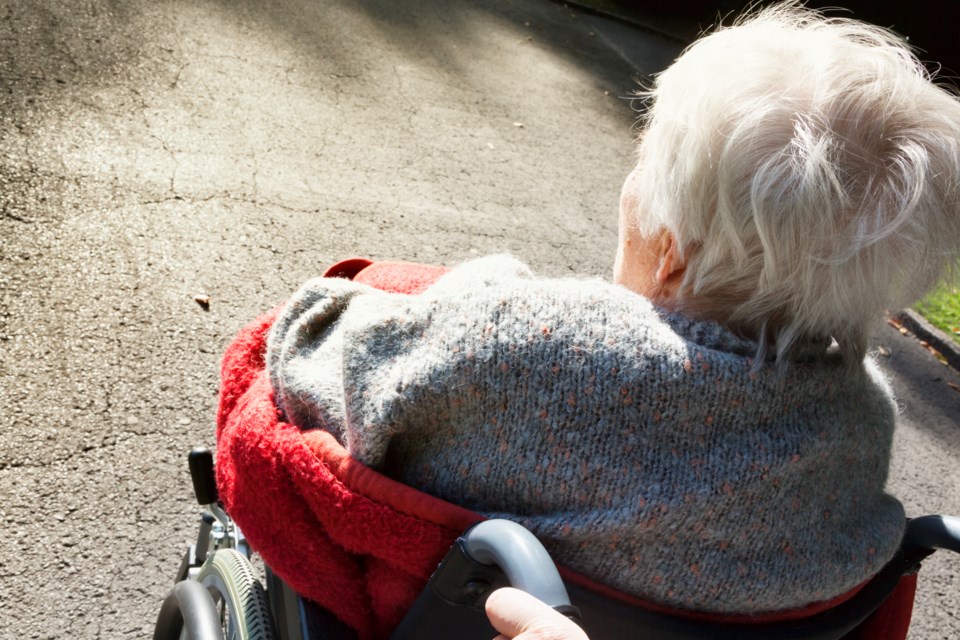Elder abuse is on the rise amid the pandemic, especially among senior immigrants who were forced to stay home alone and don’t have a strong support network.
That’s according to Melanie Fong, a program manager of Gaia Community Care and Wellness Society (GACA).
The Richmond-based non-profit promotes education in health and wellness for caregivers and seniors and has just launched the Elderly Abuse Prevention Program to train a team of Chinese-speaking elders to be peer leaders to raise awareness.
Fong, who has been working with the Chinese Community Police Centre in Chinatown, saw some Chinese-speaking seniors suffer from emotional or verbal abuse or mistreatment from their family members or caregivers.
She said the sponsored immigrant seniors might be more susceptible to elder abuse, as their families need to provide financial support for them for 10 years, placing some victims in a more vulnerable situation than Canadian-born seniors.
However, they feel very hesitant to ask for help due to cultural stigma, noted Fong.
“They are worried if they complain about their children, which might give their beloved ones a bad reputation. They thought this might affect their children’s career path or future development down the road, which is something they (Chinese-speaking parents) don’t want to see,” said Fong.
“I have built personal connections with them and they are like my grandparents. When I saw their struggles, I could feel their pain. I just couldn’t put up with it anymore.”
The program, funded by the federal government’s New Horizons for Seniors Program, will recruit six to eight Cantonese-speaking senior volunteers in the Chinese community to develop their knowledge of elder abuse.
Volunteers will also attend two tailor-made online training sessions to equip themselves with knowledge and resources, such as the definition of elder abuse, how to approach and support potential victims and how to share knowledge and resources, according to Fong.
Each trained peer leader will be required to share their experiences and knowledge with at least three of their friends and neighbours, once the necessary training is completed.
“We hope to see more Chinese-speaking seniors who share the same background, cultural understanding and language regain their confidence through the support of community members and the program,” added Fong.
Meanwhile, GACA will also keep its website updated with videos and recorded audio clips featuring seniors who have gained confidence through the program to share their personal experiences.





